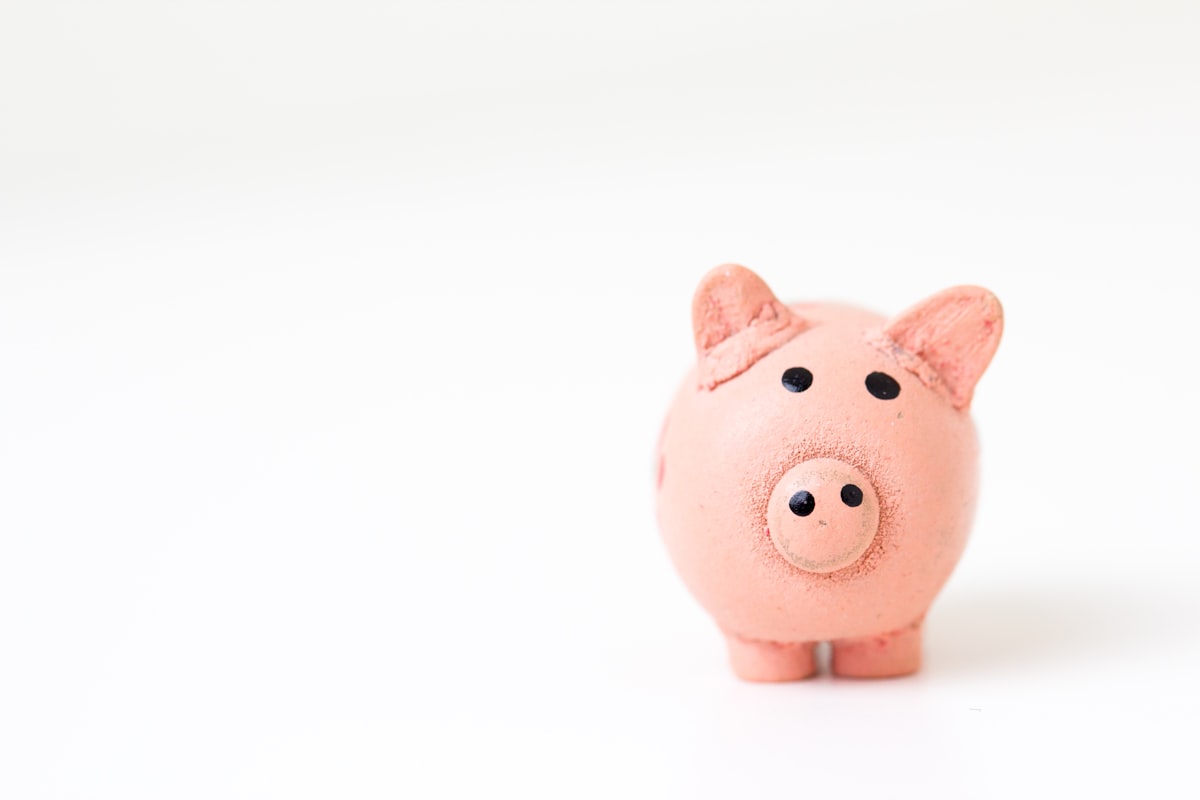Why do we trust the value of money?
Money seems to inspire an unusual amount of trust, which begs the question: how does it work? You can look here for some answers.

Using money is an everyday affair. Relatives, friends, and even strangers trustingly give or receive money in every corner of the world for the delivery of goods or services. The principle is to accept money today with the expectation that everyone else will accept it tomorrow. Confidence in money means that its purchasing power will be maintained and that it will be accepted in all circumstances. The question then arises: how is it possible for money to arouse so much confidence?
Why do we trust the value of money?
The philosopher Carlos Pereda affirms that trust is a set of attitudes or a mixture of desires, beliefs, emotions, and expectations. According to the renowned German economist Otmar Issing, the term "trust" can have three different meanings: in a religious environment, trust is synonymous with faith or belief. In this conception, the gap between faith and reasoning is considerable, and the way to trust is achieved through what the heart dictates. Of course, we could not argue that we trust money for affective reasons:
When it comes to money, whoever has it cannot afford to simply rely on faith without proof or evidence.
Money is not endowed with a mysterious halo for worship.
By no means does one place blind trust in money.
Does habit influence confidence in the value of money?
In everyday use, another meaning of confidence is an expectation solidly founded on experience that, under certain circumstances, events will repeat themselves as in the past. In this sense, confidence has a probabilistic degree.
If they have previously agreed to pay me for some good or service in Mexican pesos, they will probably continue to do so. Most of the time, money has what we might call "reasonable faith" in which people buy and sell goods and services, as well as save and pay debts under normal circumstances. With unwritten rules like customs and expectations, what people expect helps them trust money.
The third meaning is that trust relates to fulfilling a promise or acting in good faith. In this sense, trust is bidirectional; it has two sides to it: that of the one who grants it and that of the one who tries to keep it.
Money has different meanings for people. Some see it as a means of payment, others as a store of value, and still others as a unit of account.
Thus, trust in money is based on two pillars: the laws and the public's perception of its ease of use, security, time value, and financial use. The cornerstone of confidence in money rests on the law.
Central banks as a means to maintain confidence in a country's money
The value of money is underpinned by the idea of maintaining purchasing power over time. Hence, a low and predictable level of inflation strengthens confidence in money. When something is used for financial purposes, it means that it can be used to save money or borrow money, among other things, in an efficient way.
Even if there are clear rules and good law enforcement, our views on money can change. This is because of four bad things that happen from time to time: inflation, financial crises, problems with non-cash payment infrastructures, and the commission of financial crimes.
According to Mexico's Agustin Carstens, the current head of the Bank for International Settlements, no matter what form or appearance money takes, whether it is a rock, a cocoa bean, a gold coin, paper money, a bank account, or some other technologically advanced good that emerges in the future, the soul of money is and will continue to be trusted. Central banks are the ideal institutions to keep it untouchable.




